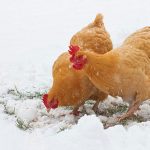
“It’s time to prepare your chicken coop for winter,” reminds Jeff Smith of Cackle Hachery®. “Since there is a current shortage of some items, make a list of materials you need and buy them now. Any repairs need to be done before weather comes in.” The two biggest winterizing issues to keep in mind are […]
Continue Reading
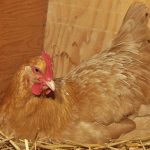
Broodiness is a hen’s instinct to hatch eggs and mother the chicks. A hen that’s thinking of brooding will sit on the nest most of the day and may cluck like a mother hen during the brief time she leaves the nest to eat and eliminate. While she’s on the nest she will puff out […]
Continue Reading
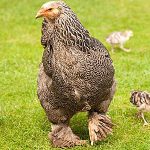
A setting hen doesn’t know (or doesn’t care) whether or not the eggs she hatches are her own. Under natural conditions her nest may consist of a collection of eggs from various hens in the flock. So, you might deliberately use your broody chicken hens as foster moms to hatch eggs laid by other hens, […]
Continue Reading
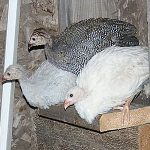
If you raise guinea fowl that you plan to free range, start with keets rather than full-grown birds. Keets become acquainted with their home ground as they broaden their foraging range. Adult guineas, on the other hand, are notorious for flying the coop the first chance they get. By raising guinea fowl from keets you […]
Continue Reading
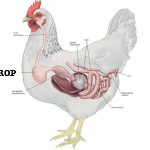
The first stop in a chicken’s digestive process is the crop, a pouch at the base of the neck that temporarily stores whatever the chicken has eaten. From there, food moves into the proventriculus (the chicken’s stomach), where acid and enzymes break it down for digestion. Crop impaction occurs when the crop gets jam-packed full […]
Continue Reading
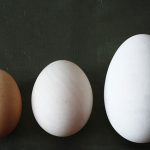
Precisely how long an egg takes to hatch depends on a lot of factors including species, breed, strain, conditions under which the egg was stored prior to incubation, and conditions during incubation. But whether you plan to hatch eggs in an incubator or under a hen you need a more definitive answer the question: How […]
Continue Reading
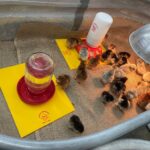
FREE SHIPPING on all supply order totals exceeding $25.00.
Item #BE03
Continue Reading
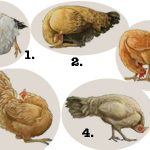
Wry neck is a neurological condition in which a chicken’s head turns to one side or to some other abnormal position. Also called crookneck, the technical word is torticollis, from the Latin words torquere, meaning “to twist,” and collum, meaning “neck.” Wry neck in chickens takes on different forms, including these (illustrated) five: Head tilted […]
Continue Reading
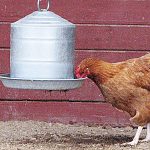
Preventing heat stress in your backyard chicken flock involves a combination of commonsense management measures. The following seven simple strategies will help your chickens stay cool in summer. Heat Tolerant Breeds If you live in a climate that’s warm year-around, you might consider keeping a heat tolerant breed. Some chicken breeds naturally tolerate warm weather […]
Continue Reading
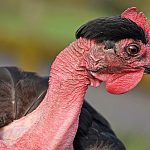
Chickens have no sweat glands, so chicken breeds that originated in hot climates have developed other features to help them stay cool. One is to grow a large comb and wattles, through which blood circulation increases in hot weather to help dissipate body heat. Another warm-climate adaptation is to avoid trapped heat by developing sparse […]
Continue Reading










